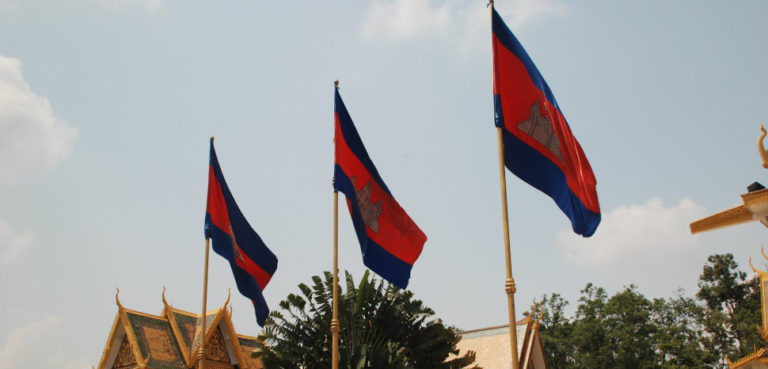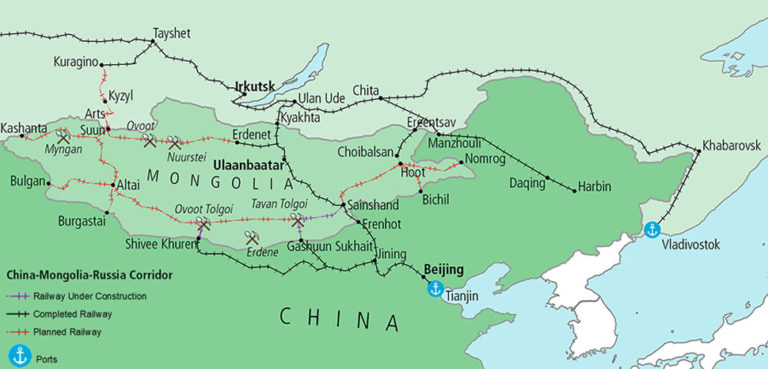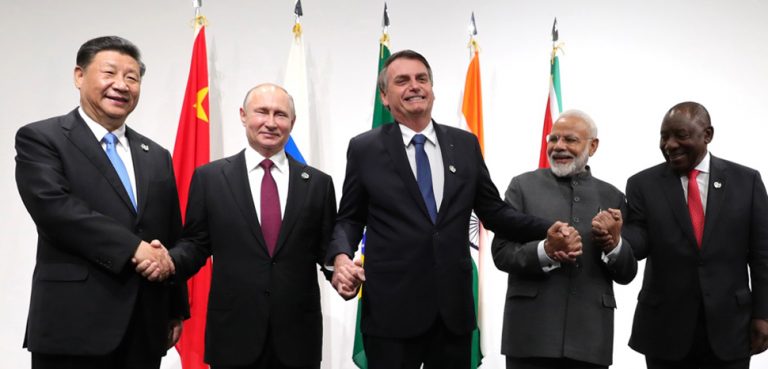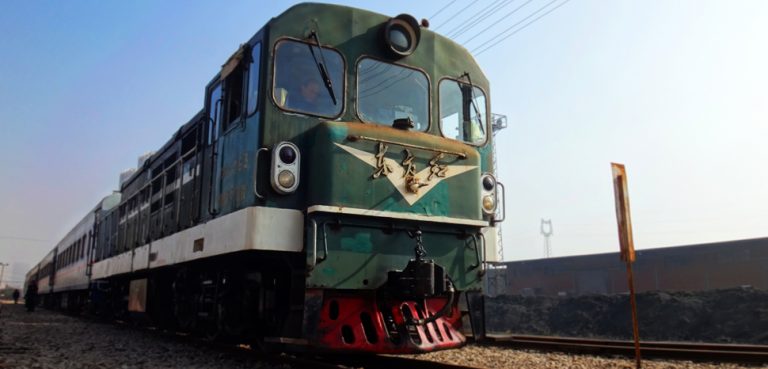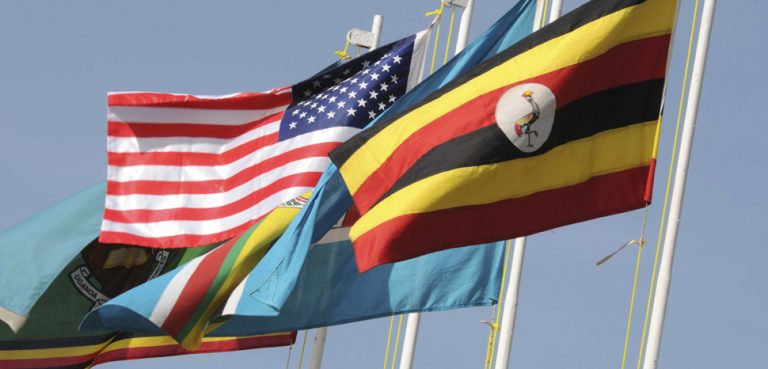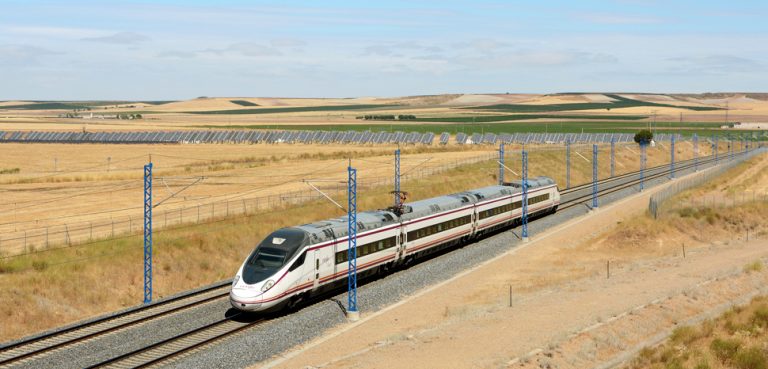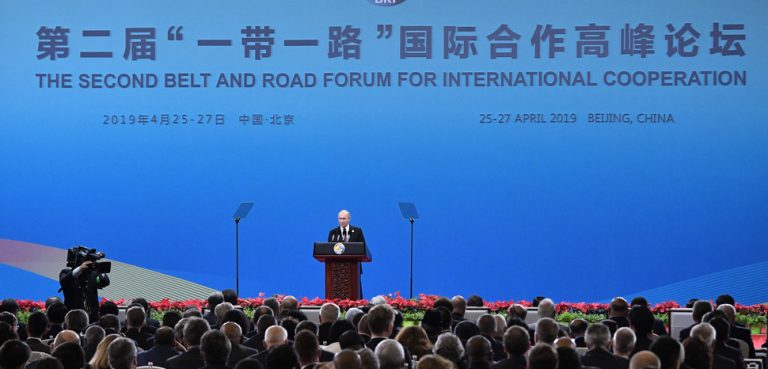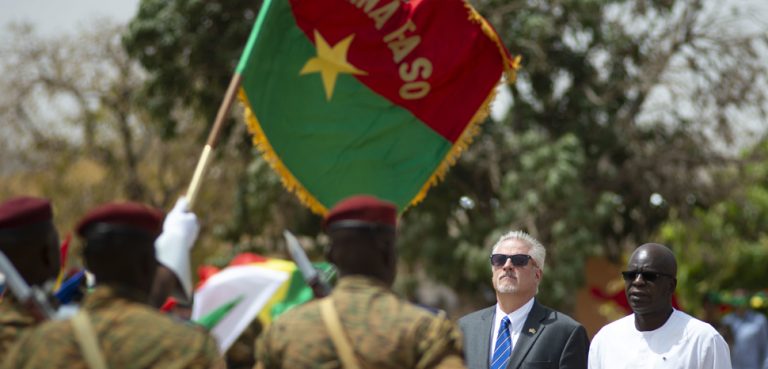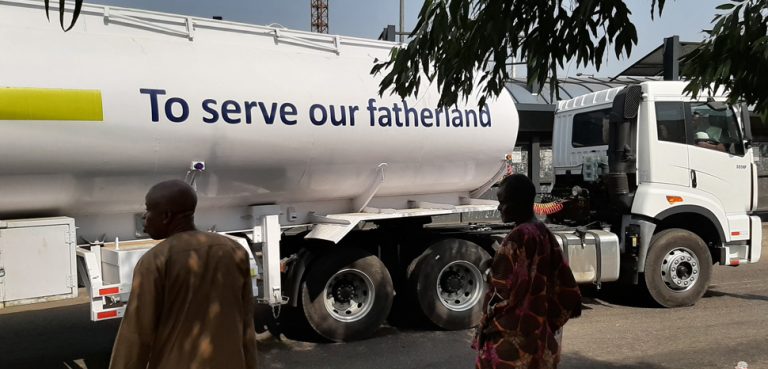Commodities
What’s Behind the Recent Arrests of Cambodian Activists?
Exploring the forces driving a recent crackdown against opposition figures in Cambodia.
Belt and Road: China-Mongolia-Russia Corridor
An overview of the China-Mongolia-Russia corridor, one of the main economic conduits envisioned by China’s Belt and Road Initiative (BRI).
How the COVID-19 Pandemic Undermines the Role of BRICS
If COVID-19 relief was BRICS’ time to shine, he bloc has yet to rise to the challenge.
Backgrounder: Bangladesh-China-India-Myanmar Corridor (BCIM)
An overview of the Bangladesh-China-India-Myanmar corridor, which through to 2020 remains the most hypothetical of all of Belt and Road's regional spokes.
While Washington Sleeps, China Continues to Make Inroads in Africa
And the real winner is ultimately the Chinese economy.
Debt Cancellation in Africa: Different Loan Paradigms, Different Development Outcomes
A case study examining French and Chinese infrastructure loans in Africa highlights that, though both are aimed at stimulating domestic production, only one produces a sustainable development outcome for the recipient.
New “Debt Trap” Concerns over China Lending to Africa
Beijing’s critics will be watching for signs of it securing bigger stakes in Belt and Road projects in exchange for debt relief.
An African Powder Keg: Terrorism in the Sahel
Unless deep-rooted socioeconomic and security issues are addressed, Africa’s development miracle risks being derailed. Nowhere is this truer than with the G5 countries in the Sahel.
Backgrounder: Nigeria’s Energy Security Dilemma
Security and development deficiencies lurk behind many of the factors that are keeping Nigeria’s energy sector from realizing its considerable economic promise.
Ecuagoldmining v Ecuador: Mining, the Environment, and International Arbitration
Examining two prominent cases that provide a window into the world of international arbitration: Equagodmining v Ecuador, and P&ID v Nigeria.

